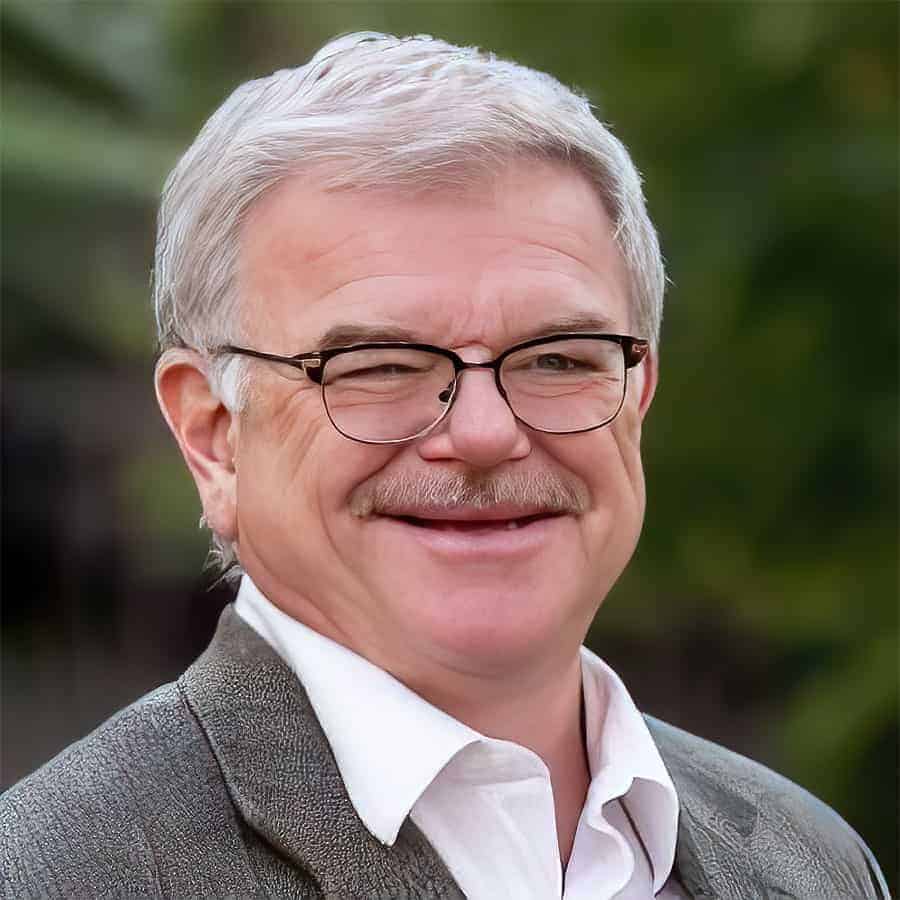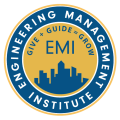Image by Drazen Zigic on Freepik
Being an engineering leader is about understanding what is going on around you.
In the military, it is called “Situational Awareness.” Often, the people with the most pertinent and relevant information about the situation are those working for you.
Questions are powerful tools, and knowing how to ask them is key to becoming a better engineering leader.
How to Ask Questions
How do you ask the right questions in the right way?
- Ask your questions like you care and want to know the answers. You’re not reading from a script — ask with sincerity.
- You asked, so be prepared to hear answers that you may not like, and be sure to take the time to truly listen.
- The answer you need may not come forth the first time you ask. But if you ask sincerely and humbly, you will build trust and confidence. So, ask regularly, and the quality of the information you gather will improve.
Read about the six things you need to communicate.
What Questions to Ask
These are the five questions to ask your team members every month, as well as why you should ask them:
What is your biggest accomplishment this month?
- This question provides a sense of forward motion and progress.
- When workers relate positive information, it gives them a sense of personal accomplishment.
- Answers give you both oversight and performance improvement potential.
- You get an understanding as to if people are contributing in the ways, you need them to.
What’s your biggest challenge right now?
- You can begin to understand where the employee is struggling.
- You can learn about pinch points in an employee’s process, work, or company culture.
- It puts your conversation into problem-solving mode because when you know where your team member is struggling, you can do something about it.
Read how not to Eff Up talking to your people.
What things should we do differently, or what processes can we improve?
- People understand that things can be done differently, so being open to feedback from “below” can be invaluable.
- When team members recognize that they can provide value beyond their job description, you can harness this power to improve the company.
- You may not always act on every suggestion, but you’re going to discover some things that genuinely need to change.
What resources would be helpful to you right now?
- By using the word “resources,” you’re opening the door beyond money.
- What you might think employees need is often different from what they want.
- Don’t assume the solution is more people or money — trust the people working on the project to understand what will solve the issue.
Is there anything I can help you with?
- It allows you to understand any personal factors that may influence their work.
- It lets your employees know you’re a real human being and care about their success and well-being.
- You improve your working relationship with them by showing sincere interest in their life and
About the Author

We would love to hear any questions you might have or stories you might share about how to become a better engineering leader.
Please leave your comments, feedback or questions in the section below.







